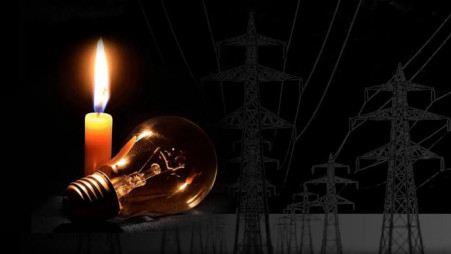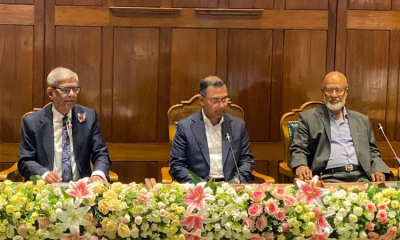As Ramadan approaches, Fawzul Kabir, Bangladesh`s Fuel and Energy Advisor, has assured the public that there will be no load shedding during the holy month.
His promise came after an inter-ministerial meeting at the Electricity Bhaban in Dhaka on Wednesday, where he spoke to reporters.
Kabir explained that during Ramadan, electricity demand could reach up to 15,700 megawatts, and in the summer, this number might rise to 18,000 megawatts.
The government has decided to supply 1,200 million cubic feet of gas to the power sector, ensuring that, apart from mechanical issues, no load shedding will occur.
However, Kabir warned that during the summer, the country could face load shedding ranging from 700 to 1,400 megawatts.
“During this time, cooling loads tend to rise,” he said.
“To help ease the load shedding, it would be helpful for everyone to set their air conditioners at 25 to 26 degrees Celsius. This will reduce the strain on the electricity system.”
Kabir stressed the importance of collective effort in overcoming these challenges.
He also highlighted the issue of illegal gas and electricity connections, which are causing trouble for genuine consumers.
“We will continue taking strict action to disconnect these illegal connections,” he assured.
In terms of financial planning for fuel imports, Kabir mentioned that the government has already made arrangements and communicated the necessary funds to the Finance Advisor and Governor.
He confirmed that they have been assured of the required financial resources to ensure smooth energy and electricity imports.
Despite the government`s focus on cost reduction, Kabir made it clear that there are no plans to raise electricity prices, although gas prices will undergo adjustments if needed.
With less than a month left until Ramadan begins, there is growing concern about power shortages, especially with the increasing electricity demand due to the ongoing irrigation season.
In addition, the uncertainty over fuel imports and delays in clearing dues to private power plants have raised fears of extensive load shedding during Ramadan and the summer months.
The Power Development Board has admitted that it has struggled to pay the dues owed to power plant owners for the last two years.
The problem began after the value of the local currency depreciated following the Russia-Ukraine conflict in 2022.












-20260217073221.webp)




-20260216115008.webp)














